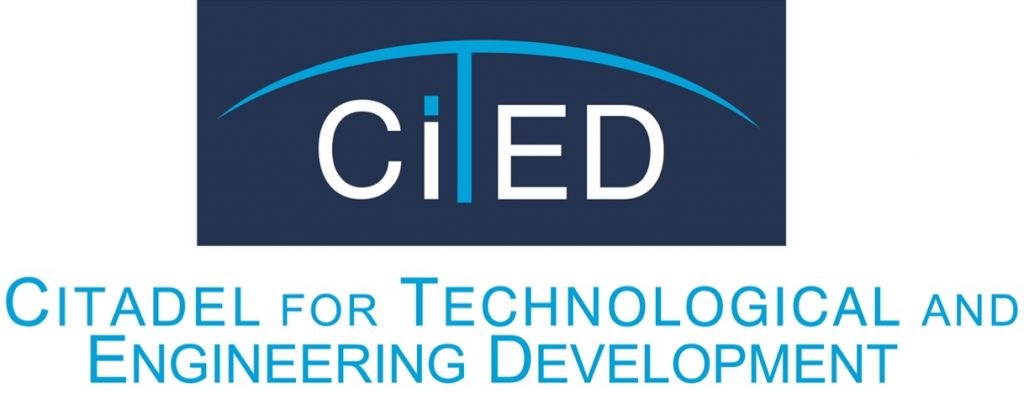This 3-day practical and hands-on training course on High Voltage Engineering and Insulation Coordination is designed to equip participants with a robust understanding of the design, maintenance, and operation of high-voltage equipment and systems.

Synopsis for 3-Day Practical and Hands-On Training: High Voltage Engineering and Insulation Coordination
Course Introduction
Overview
This 3-day practical and hands-on training course on High Voltage Engineering and Insulation Coordination is designed to equip participants with a robust understanding of the design, maintenance, and operation of high-voltage equipment and systems. The course emphasizes practical applications, blending theoretical concepts with real-world practices, enabling participants to address challenges effectively in high-voltage engineering environments.
Key Focus Areas
- Principles and practices of high voltage engineering.
- Insulation coordination strategies for high-voltage equipment.
- Fault detection, testing, and maintenance of high-voltage systems.
- Safety protocols and industry standards in high-voltage operations.
Target Audience
This training is tailored for:
- Electrical engineers and technicians responsible for high-voltage systems.
- Professionals in power transmission and distribution.
- Maintenance personnel managing high-voltage equipment.
- Industry experts seeking to update their knowledge on insulation coordination.
About the Course
This course provides a deep dive into the essential concepts of high-voltage engineering, with a focus on insulation coordination to enhance equipment reliability and safety. Participants will engage in:
- Theoretical Sessions: Covering foundational concepts and principles.
- Interactive Exercises: Real-world scenarios to apply theoretical knowledge.
- Case Studies: Detailed analysis of high-voltage system failures and successful design implementations.
- Hands-On Practice: Testing, fault detection, and maintenance on high-voltage equipment.
The training methodology ensures participants leave with actionable skills and confidence to handle high-voltage challenges effectively in their respective professional environments.
Course Objectives
By the end of this course, participants will:
- Gain a comprehensive understanding of high-voltage equipment design and functionality.
- Develop proficiency in insulation coordination techniques to enhance system safety and reliability.
- Learn to conduct fault analysis and implement effective maintenance strategies.
- Understand and adhere to safety standards and protocols in high-voltage environments.
- Be capable of applying the learned concepts to optimize high-voltage systems in real-world scenarios.
Course Outline
Day 1: Fundamentals of High Voltage Engineering
- Introduction to high-voltage systems and applications.
- Principles of electric field distribution and insulation breakdown.
- Overview of insulation materials and their properties.
- Hands-On: Testing basic insulation performance using industry-standard tools.
Day 2: Insulation Coordination and System Design
- Insulation coordination principles and their application in system design.
- Voltage stresses and their impact on equipment longevity.
- Industry standards for high-voltage systems (IEC, IEEE).
- Practical Exercise: Design and analysis of an insulation system for high-voltage equipment.
Day 3: Maintenance, Fault Detection, and Safety
- Techniques for high-voltage system maintenance and diagnostics.
- Common fault types and their impact on high-voltage equipment.
- Safety protocols in high-voltage environments.
- Hands-On: Fault simulation and troubleshooting of high-voltage systems.
Course Outcomes
Upon completing the training, participants will:
- Possess the knowledge and skills to design and maintain high-voltage equipment effectively.
- Be equipped to implement insulation coordination strategies that reduce failures and enhance reliability.
- Have the ability to conduct thorough fault analysis and implement corrective actions confidently.
- Be well-versed in industry safety standards, ensuring a secure working environment.
- Be positioned to contribute to the operational efficiency and reliability of high-voltage systems within their organizations.
Conclusion
The High Voltage Engineering and Insulation Coordination training is a career-enhancing opportunity for professionals looking to excel in the electrical engineering field. By combining theoretical insights with hands-on practice, this course ensures participants are fully prepared to tackle high-voltage challenges in real-world scenarios.
Don’t miss out on this opportunity to advance your career and add value to your organization. Enroll today!

